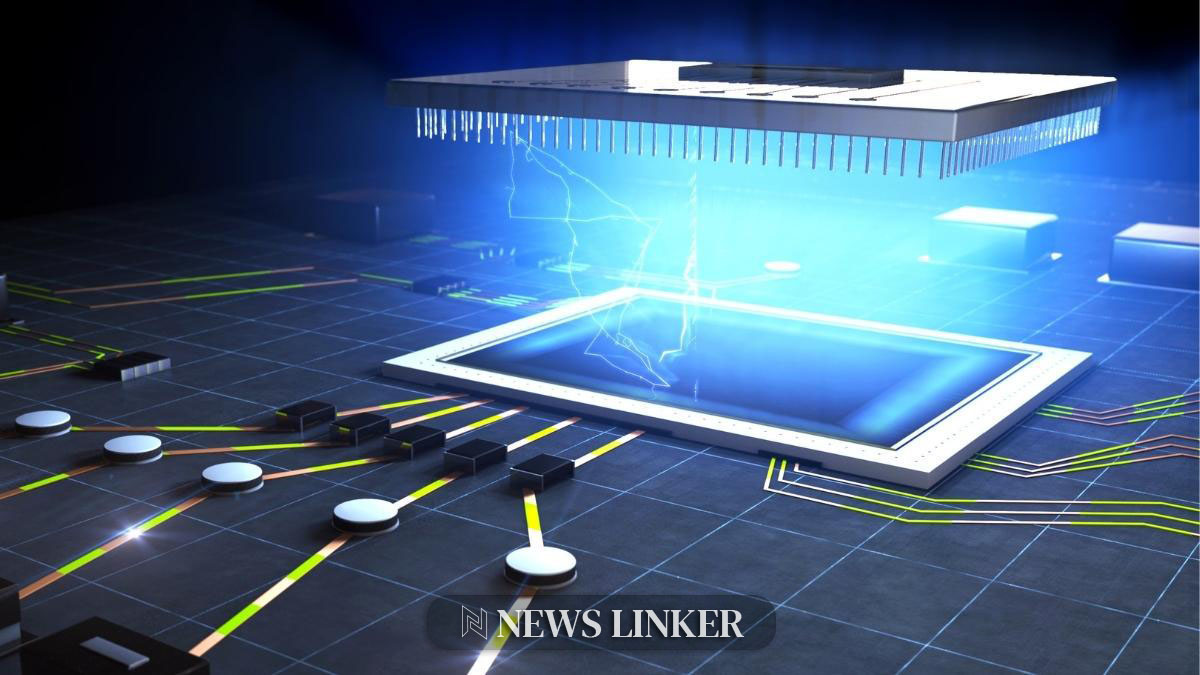In an age where technology evolves rapidly, upgrading your computer’s central processing unit (CPU) can significantly boost performance. However, with a myriad of options flooding the market, consumers face challenges in making informed decisions. Identifying the right CPU involves assessing performance benchmarks, compatibility with existing hardware, and balancing cost against potential gains. This entry elucidates the strategic approach to upgrading CPUs, delineating clear considerations for potential buyers to enhance their computing experience without unnecessary expenses or compatibility issues.
Understanding Market Trends and Options
For years, advancements in CPU technology have been pivotal to the enhancement of computer performance. From the introduction of multi-core processors to the recent developments in chip architecture, the trajectory of CPU evolution demonstrates a consistent leap towards higher efficiency and power. Despite the rapid innovation cycles, previous generations of processors still hold relevance for many users. The market has witnessed fierce competition between leading manufacturers, each vying to push the envelope of processing power and energy efficiency. This competition has resulted in a broad spectrum of choices, catering to a diverse range of needs and budgets.
Engadget’s article “How to choose the right processor for your computer” and CNET’s “The best processors of 2021: Which CPU should you buy?” offer further insights into the realm of CPU selection. Both highlight the importance of understanding individual computing needs and matching them with the processor’s capabilities. Engadget stresses the significance of considering the intended use, whether for general tasks, gaming, or professional workloads, while CNET draws attention to the nuances in performance across different brands and models. These perspectives underscore the necessity of thorough research prior to making a CPU upgrade.
Compatibility and Integration
One of the core aspects of upgrading a CPU is ensuring compatibility with existing hardware. It is vital to consider the motherboard’s socket type, chipset, and the power supply’s capacity. Additionally, cooling solutions need to be compatible with the new processor to maintain optimal temperatures under load. Overlooking these factors can result in poor performance, system instability, or even hardware damage. As such, verifying the specifications and seeking expert advice or using compatibility tools online are crucial steps in the upgrade process.
Cost-Benefit Analysis and Longevity
Another critical consideration is performing a cost-benefit analysis. While the latest CPUs offer the best performance, they often come at a premium. It is essential to evaluate whether the performance improvement justifies the cost, especially if the current CPU meets most of the user’s needs. Considering the longevity of a CPU before upgrading can also be financially prudent. Investing in a slightly older yet still capable model may offer the best value, as prices tend to drop following the release of newer generations.
Useful Information for the Reader
- Assess your current CPU to determine the need for an upgrade.
- Research market trends and read expert reviews for guidance.
- Ensure new CPU is compatible with your system’s motherboard.
- Consider cost versus performance gains before making a purchase.
- Look for price reductions on older models for better value.
Navigating the CPU upgrade landscape requires a strategic approach that balances performance needs with financial considerations. A well-planned upgrade can breathe new life into a computer system, extending its usability and enhancing user experience. The decision-making process should always start with a clear understanding of the user’s computing requirements, followed by meticulous research to find a CPU that strikes the right balance between power, price, and compatibility. By employing this methodical strategy, users can optimize their investment and enjoy the benefits of improved computing performance.










